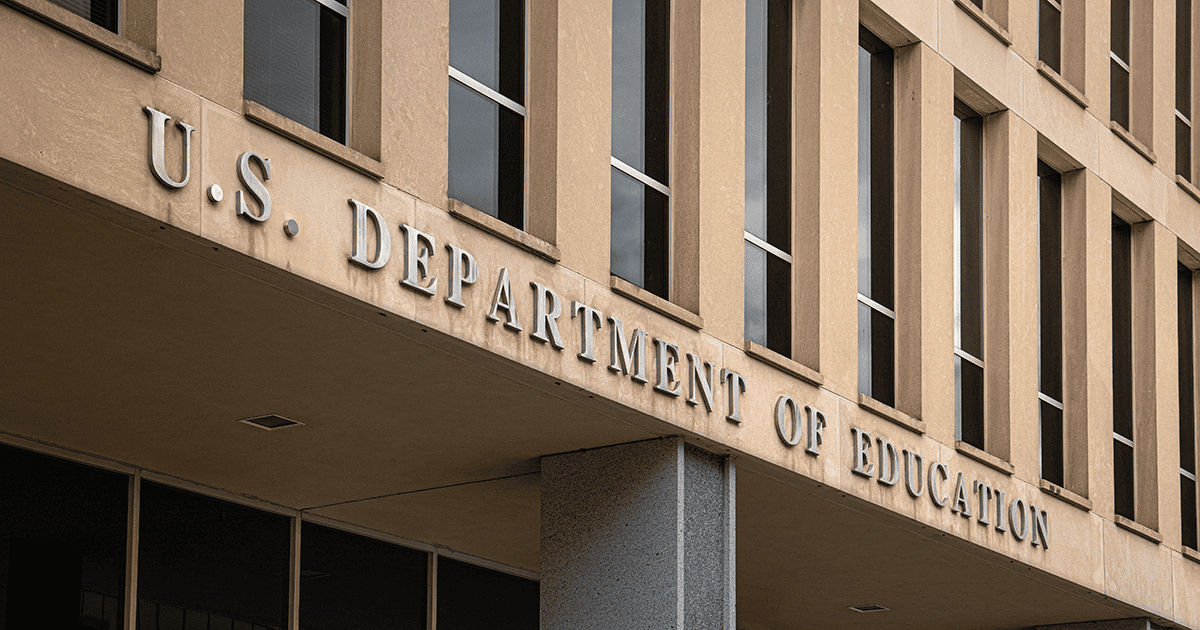As indicated in this article from January 19, the No Surprises Act—legislation designed to protect consumers against surprise medical billing in private insurance for most emergency and some instances of non-emergency care—was signed into law as part of the Consolidated Appropriations Act of 2021. This act also includes requirements that uninsured and self-pay patients receive key information, including overviews of anticipated costs and details about their rights.
Good Faith Estimate Requirement for Uninsured or Self-Pay Patients
The Academy and other interested stakeholders have received confirmation from regulators that all provider types are required to provide all self-pay, uninsured or out-of-network patients with a “good faith estimate” of the cost of care. A “good faith estimate” is defined as the best judgement of the cost of care a provider plans to provide across the episode of care. The estimate must be provided in writing, signed by the patient and included in the patient’s medical file.
If the actual patient charges are more than $400 over the “good faith estimate,” the patient has the right to challenge the bill through a dispute resolution process.
More information:
- CMS “Good Faith Estimate” Template
- CMS webpage devoted to “No Surprises Act”—including bill text and FAQs.
Academy Working with Stakeholders for Enforcement Delay and Exemption for Small Practices
The Academy, along with other stakeholders, is requesting a complete enforcement delay as well as expanded enforcement discretion for all aspects of the good faith estimate. In addition, the coalition is requesting an exemption for small practices—with 15 or fewer clinicians (see attached letter).
This legislation was implemented in a hurried fashion under an interim final rule—with limited ability for stakeholder comment. The Academy will continue to provide member updates on this topic as they become available.
Recent Posts
Join the AAA Foundation at AAA 2026
The future of audiology depends on bold ideas, strong leadership, and a commitment to continuous advancement. The American Academy of Audiology Foundation fuels that future….
Two Fronts, One Goal: Securing Federal Loan Access for Audiology Students
The Academy is pursuing a two-pronged strategy through Congress and the Department of Education to protect federal student loan access for AuD students. Both pathways…
Leveling the Playing Field at AAA 2026
Wednesday, April 22 | 12:30–2:00 pm Earn 0.15 CEUs Concussion care is no longer a single-discipline effort. As research continues to reveal concussion as a…


